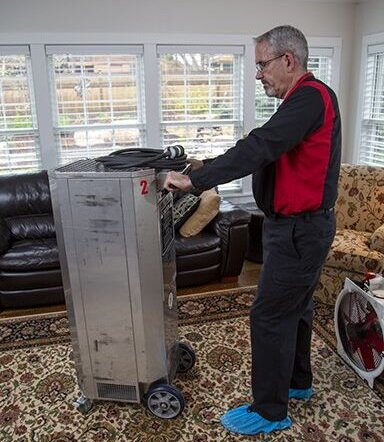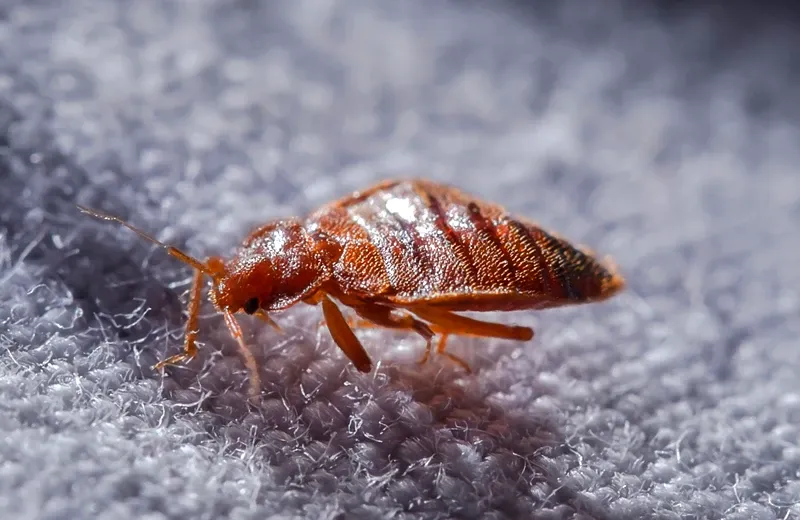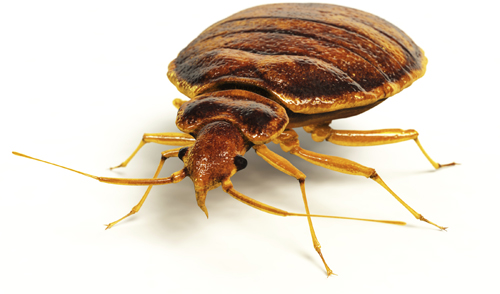Comprehensive Kings Pest Control Services Cincinnati OH
Comprehensive Kings Pest Control Services Cincinnati OH
Blog Article
Sorts Of Pest Control: Which Method Is Right for Your Problem?
When encountered with a parasite invasion, the choice of a proper method for bug control is essential in successfully managing the scenario. From chemical therapies to biological services, there exists a variety of approaches that can be utilized to attend to various kinds of insects. Each approach includes its very own set of considerations and benefits, making the decision-making procedure a nuanced one. Comprehending the nuances of each approach and assessing their compatibility with the certain parasite problem available is necessary for accomplishing long-lasting success in pest management. By discovering the various types of insect control approaches readily available, individuals can make enlightened choices tailored to their distinct situations, ensuring a much more reliable and sustainable result in insect elimination.
Chemical Bug Control
Chemical insect control entails making use of artificial or normally obtained chemicals to manage and get rid of pest populations properly. This method is typically made use of in farming, forestry, and household settings to deal with a wide variety of pests, including insects, rodents, and weeds. The usage of chemical pesticides can offer quick and targeted services to pest problems, making it a prominent choice for many individuals and organizations.
Among the vital benefits of chemical insect control is its capability to swiftly eliminate bugs, minimizing the risk of damage to plants, residential property, and human health and wellness. By utilizing certain chemicals that target specific pests, this technique can successfully control problems while reducing damage to valuable organisms and the setting when applied correctly.
However, using chemical pest control also elevates problems regarding possible negative effects on non-target types, water sources, and human health. It is essential to adhere to safety and security guidelines, apply chemicals sensibly, and consider alternative pest control methods to minimize these risks and guarantee sustainable bug administration methods.
Organic Insect Control
Organic parasite control, also referred to as biocontrol, makes use of living microorganisms to reduce and handle bug populations naturally. This technique utilizes the power of nature to manage pests without the requirement for synthetic chemicals. Biocontrol can involve the intro of natural enemies of the insect species, such as killers, virus, or parasites, to reduce pest populaces. By utilizing the parasite's all-natural predators or microorganisms, biological bug control supplies a sustainable and environmentally pleasant service to pest management.

Mechanical Bug Control
Using physical and hands-on approaches to manage insect populaces, mechanical parasite control provides an alternative method that does not rely upon using living microorganisms or synthetic chemicals. This technique entails making use of barriers, catches, or various other tools to literally prevent or remove parasites. By obstructing parasite entry factors or setting up catches to capture them, mechanical pest control can effectively reduce infestations without presenting chemicals into the setting.
One common example of mechanical insect control is the usage of mesh displays on doors and windows to avoid pests from entering buildings. This simple yet efficient method functions as a physical barrier, maintaining bugs out while enabling correct air flow. In addition, gadgets like mousetraps, fly swatters, and ultrasonic repellents fall under the mechanical parasite control group.
While visit site mechanical bug control techniques can be labor-intensive and call for routine tracking and upkeep, they offer a sustainable and ecologically pleasant remedy for taking care of parasite problems. By combining different mechanical methods, property owners can produce a detailed pest control method that minimizes dependence on chemical pesticides.
Physical Pest Control

Some typical physical parasite control approaches include using obstacles such as displays or webs to avoid bug access, catches to homeowner termite control capture and get rid of parasites, and hand-picking to physically remove parasites from plants or structures. Additionally, techniques like heat therapies can be made use of to manage insects like bed bugs by elevating the temperature to degrees that are dangerous to the bugs.
Physical bug control is particularly valuable in integrated pest administration (IPM) approaches, where multiple bug control methods are combined for reliable pest administration while lessening using chemicals. By using physical pest control methods, people can effectively deal with pest invasions with minimal ecological impact.
Integrated Parasite Monitoring
When carrying out physical pest control techniques as component of parasite monitoring methods, Integrated Bug Monitoring (IPM) emerges as a detailed strategy that leverages numerous strategies to effectively control pest populaces. IPM concentrates on long-term prevention of insects with a mix of organic, social, physical, and chemical tools tailored to particular bug problems. By integrating several control strategies, IPM aims to reduce the dangers connected with insects while also decreasing dependence on chemical services.
One key aspect of IPM is the focus on surveillance and evaluating pest populations to determine one of the most suitable control methods. This positive strategy enables for early treatment and targeted methods, causing much more efficient pest monitoring. In addition, IPM promotes environmentally pleasant techniques by prioritizing non-chemical control methods and just utilizing pesticides as a last hotel.
Conclusion

By utilizing the bug's natural predators or pathogens, biological parasite control supplies a lasting and ecologically friendly service to pest administration. he said - Kings pest control Cincinnati Ohio
Using physical and manual approaches to handle insect populations, mechanical parasite control uses an alternate approach that does not count on the usage of living organisms or artificial chemicals.An efficient method to managing parasite populaces without relying on chemical or organic techniques involves the usage of physical insect control techniques.When implementing physical bug control methods as component of bug administration methods, Integrated Insect Administration (IPM) emerges as a comprehensive approach that leverages numerous methods to successfully control pest populaces. Chemical insect control entails the usage of chemicals, biological pest control makes use of natural killers, mechanical pest control includes physical obstacles, physical insect control consists of trapping or eliminating pests, and integrated parasite management incorporates multiple techniques for an all natural method to pest control.
Report this page